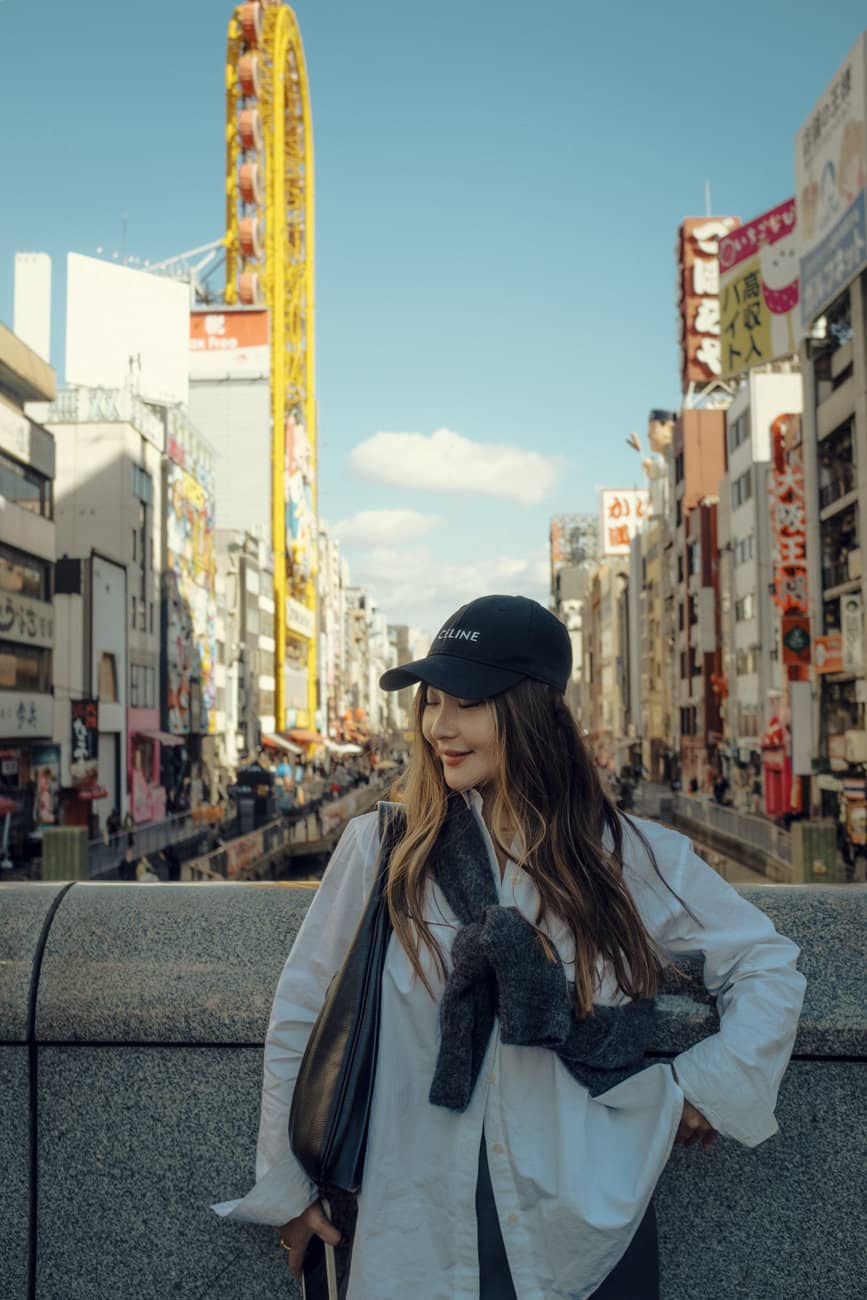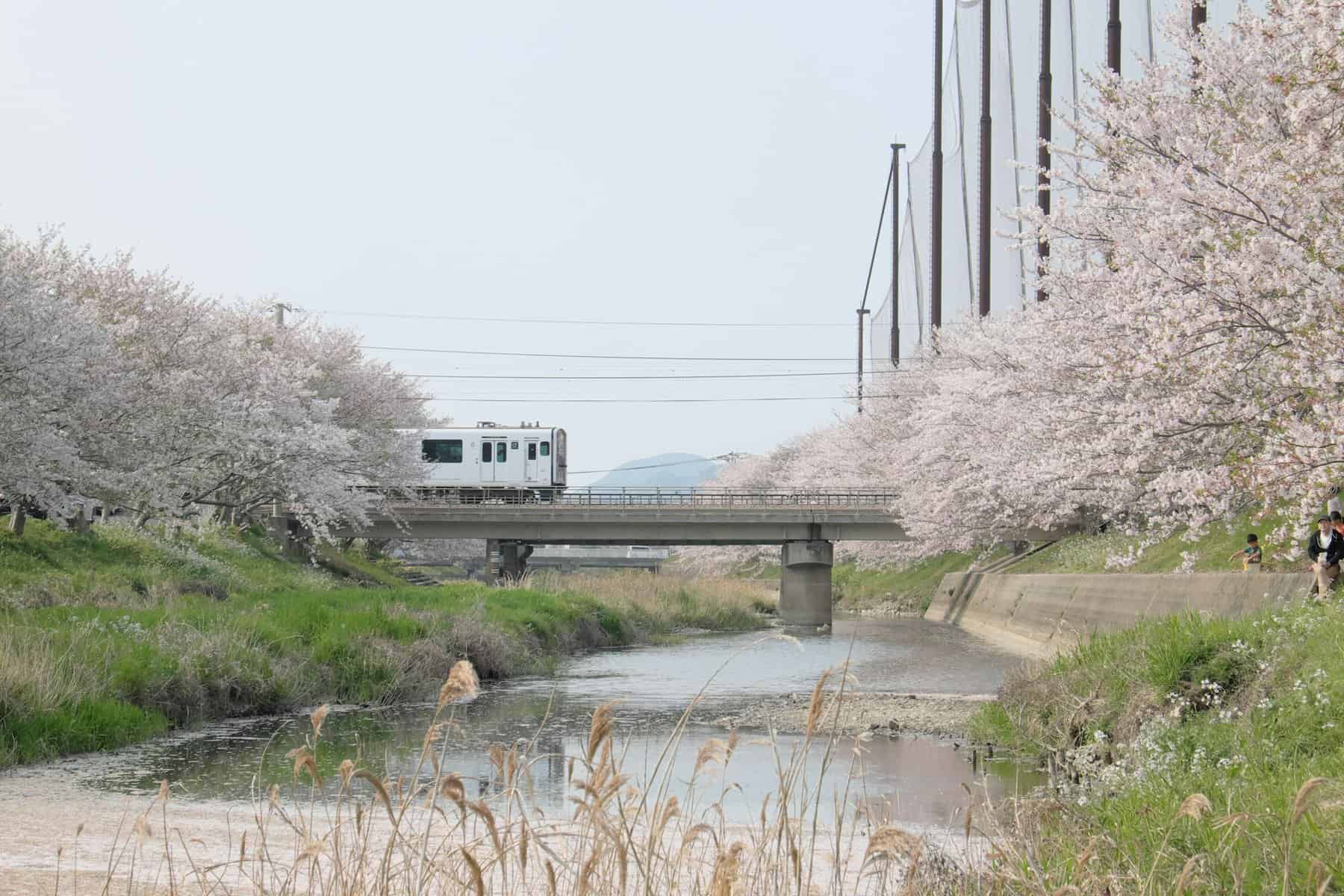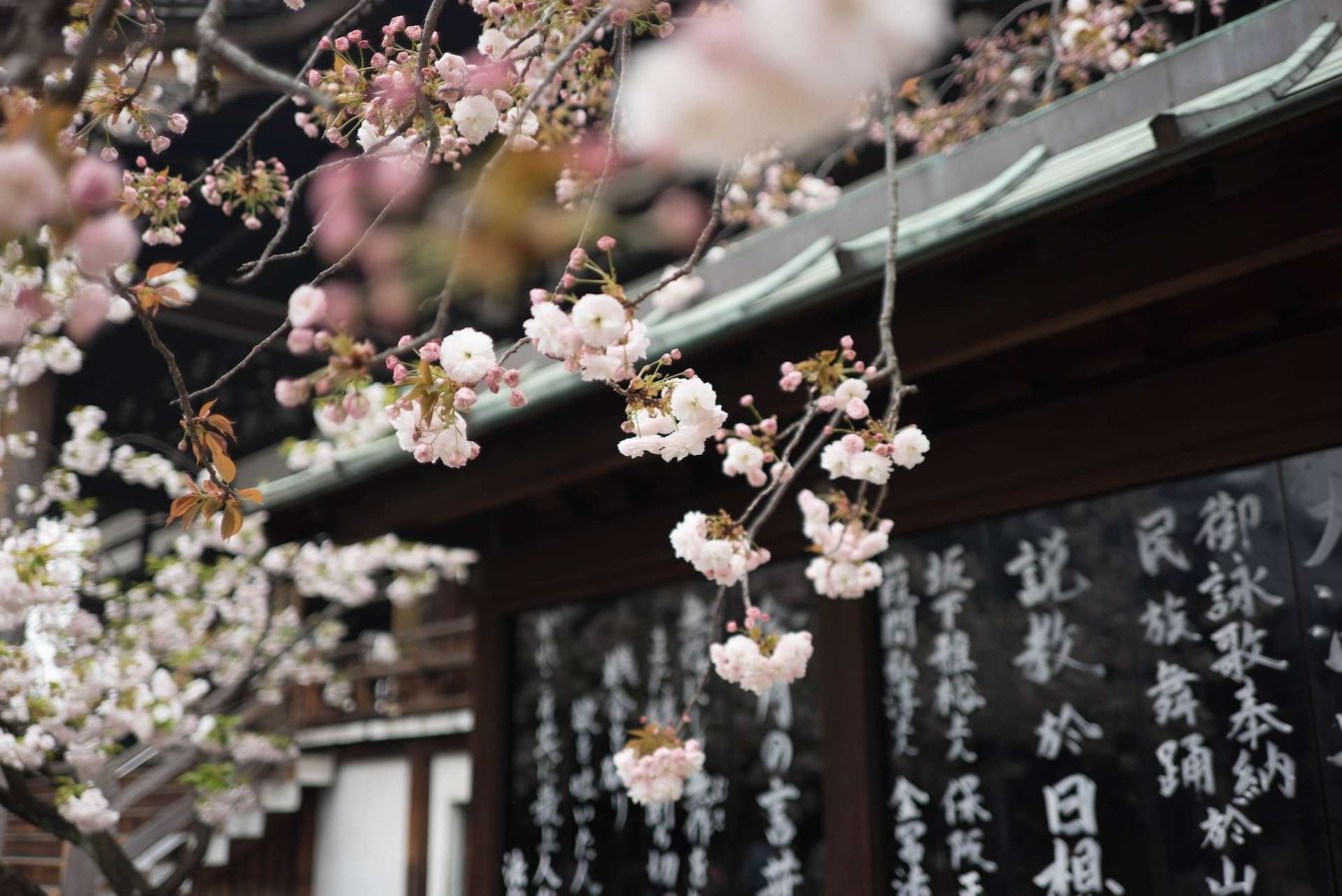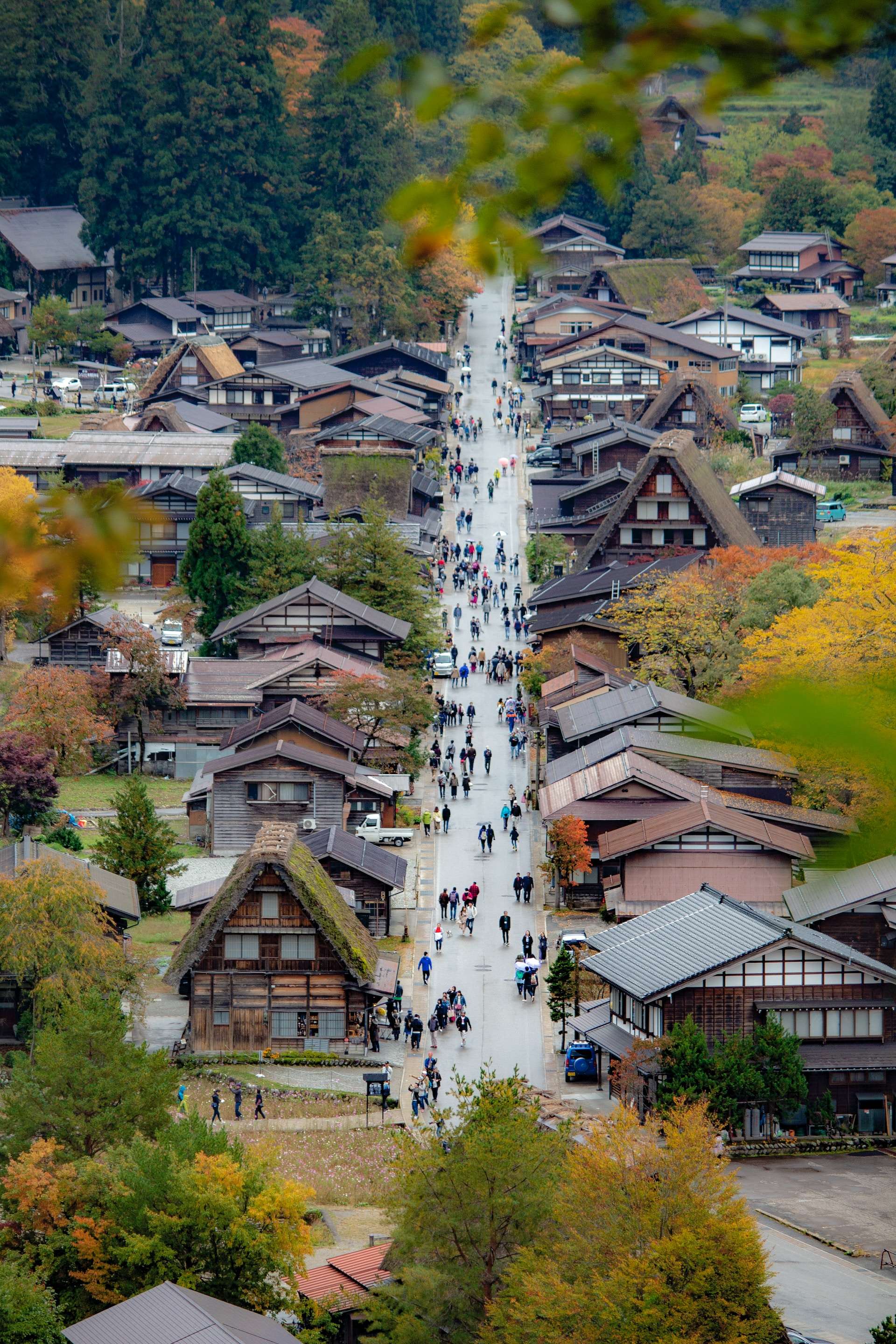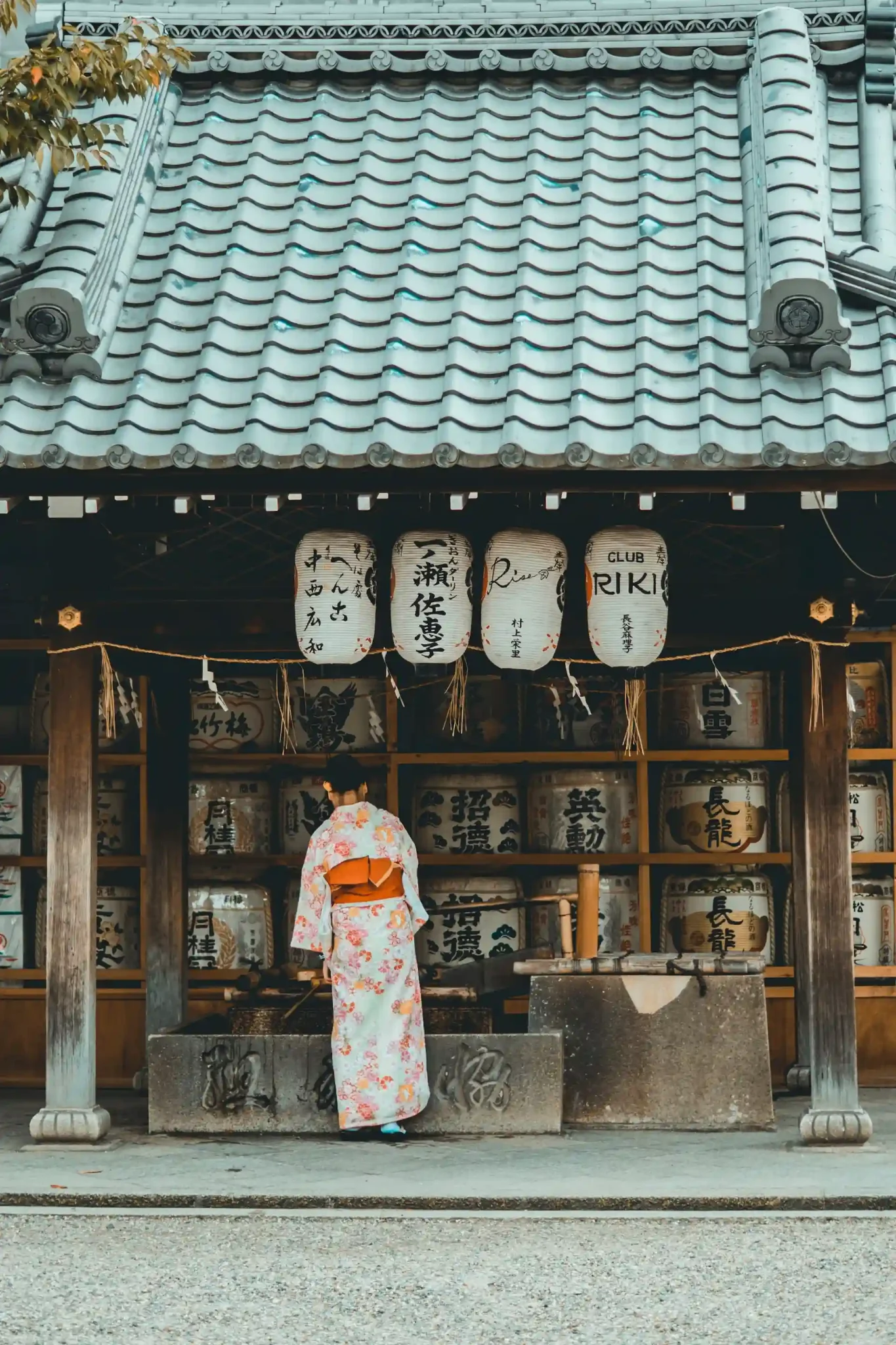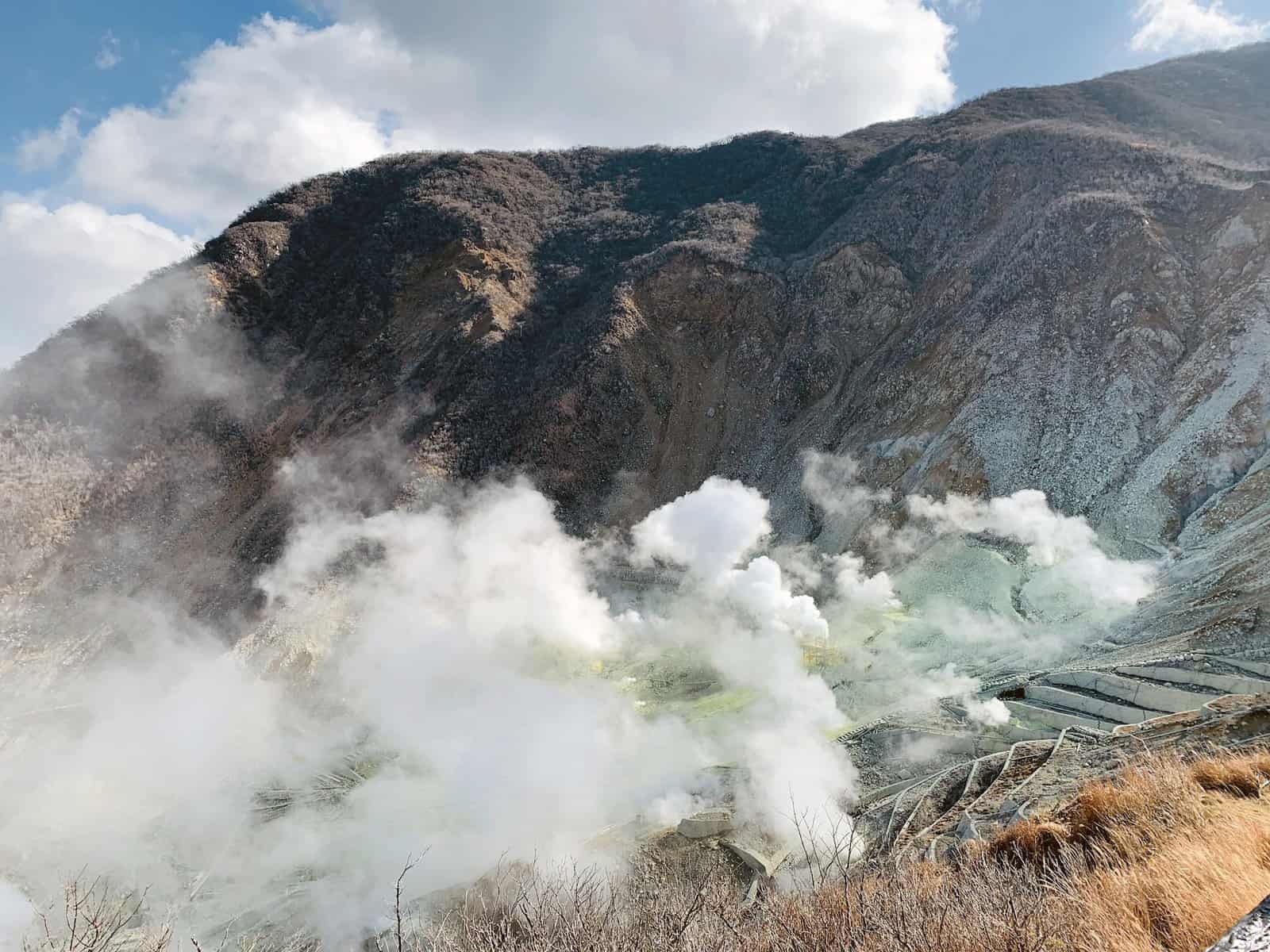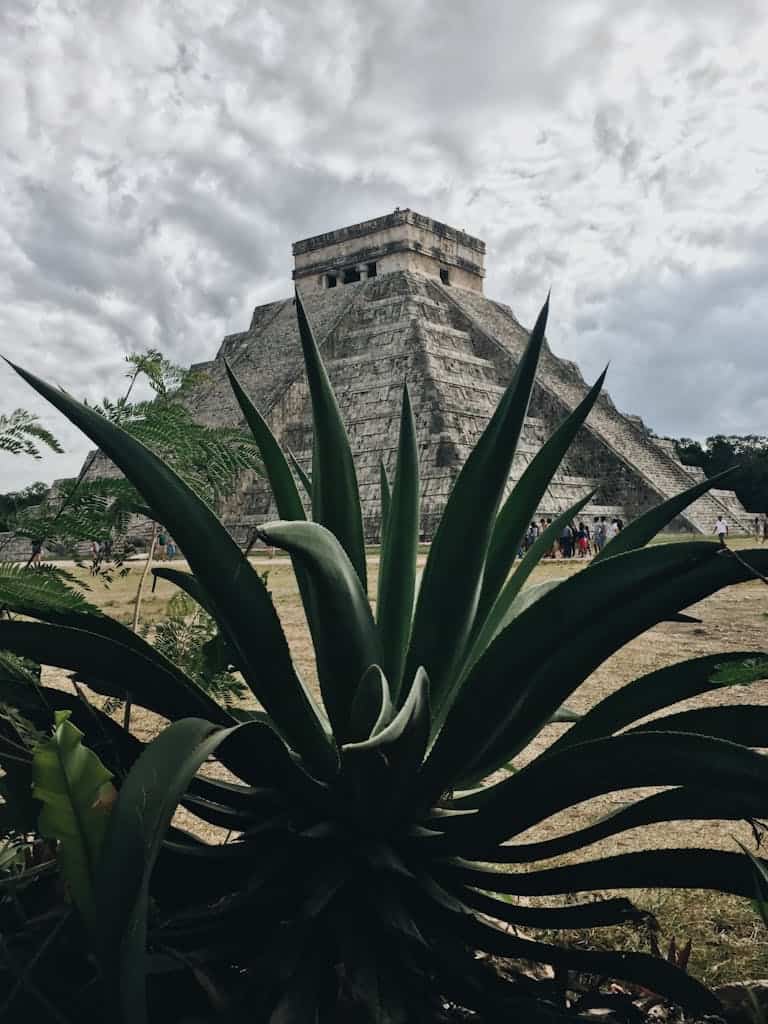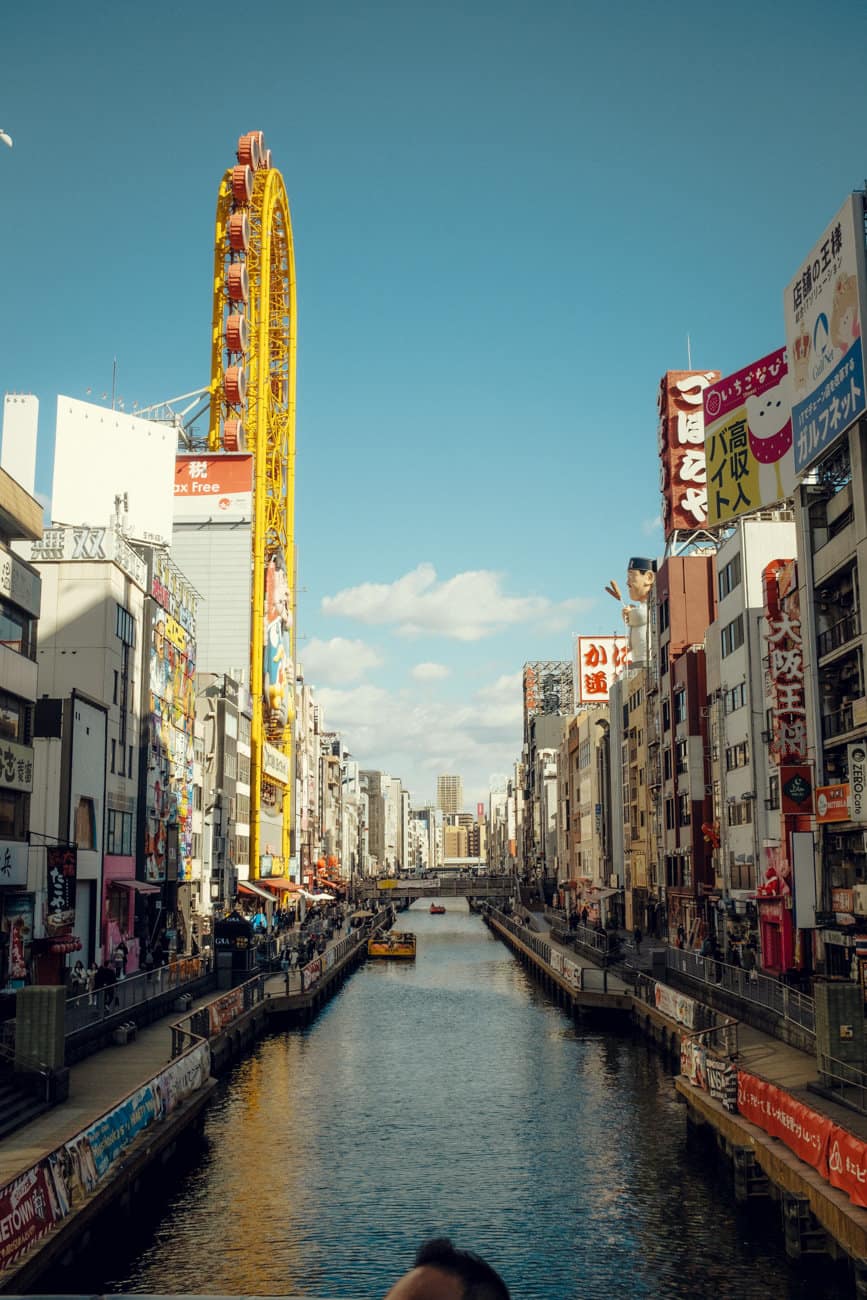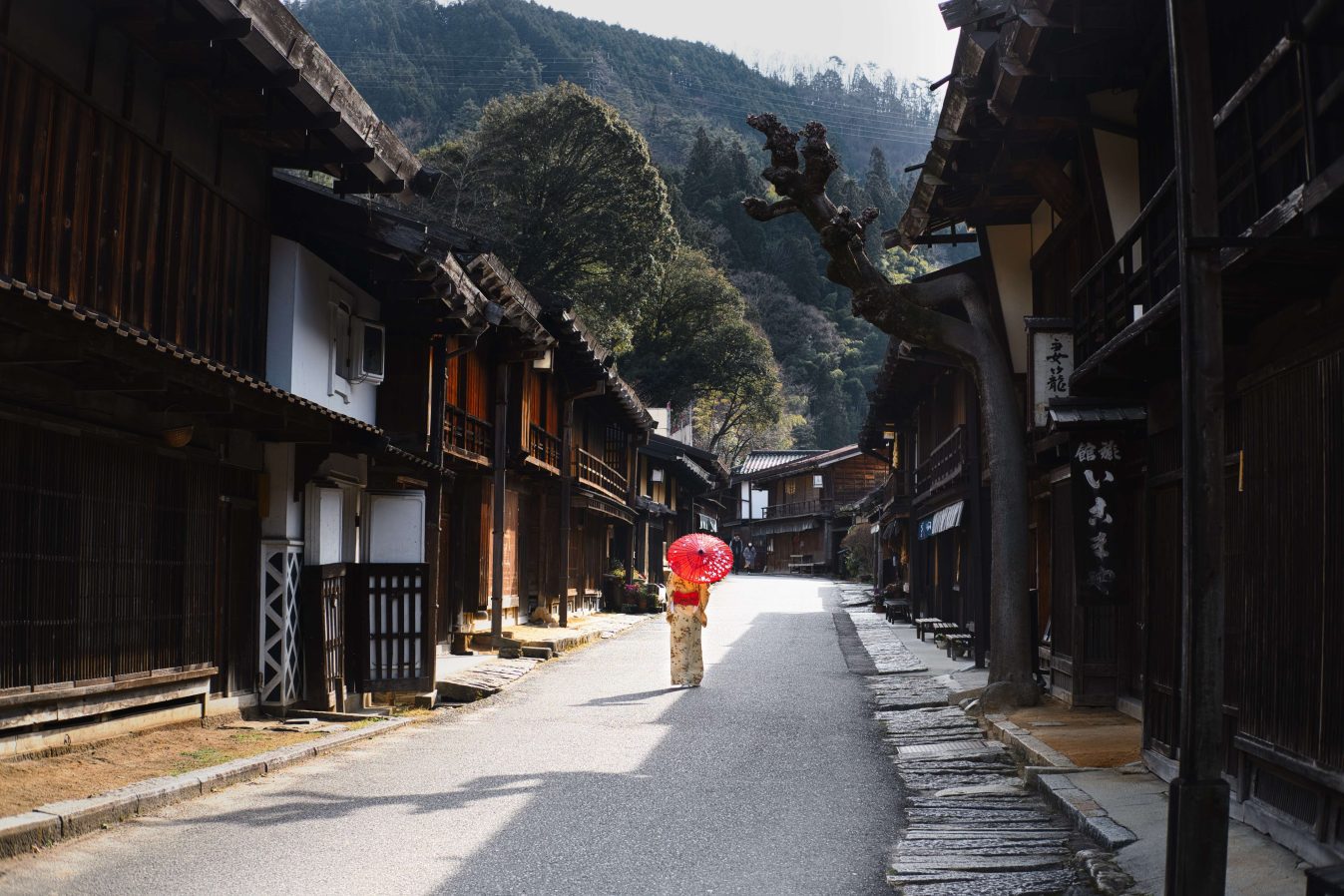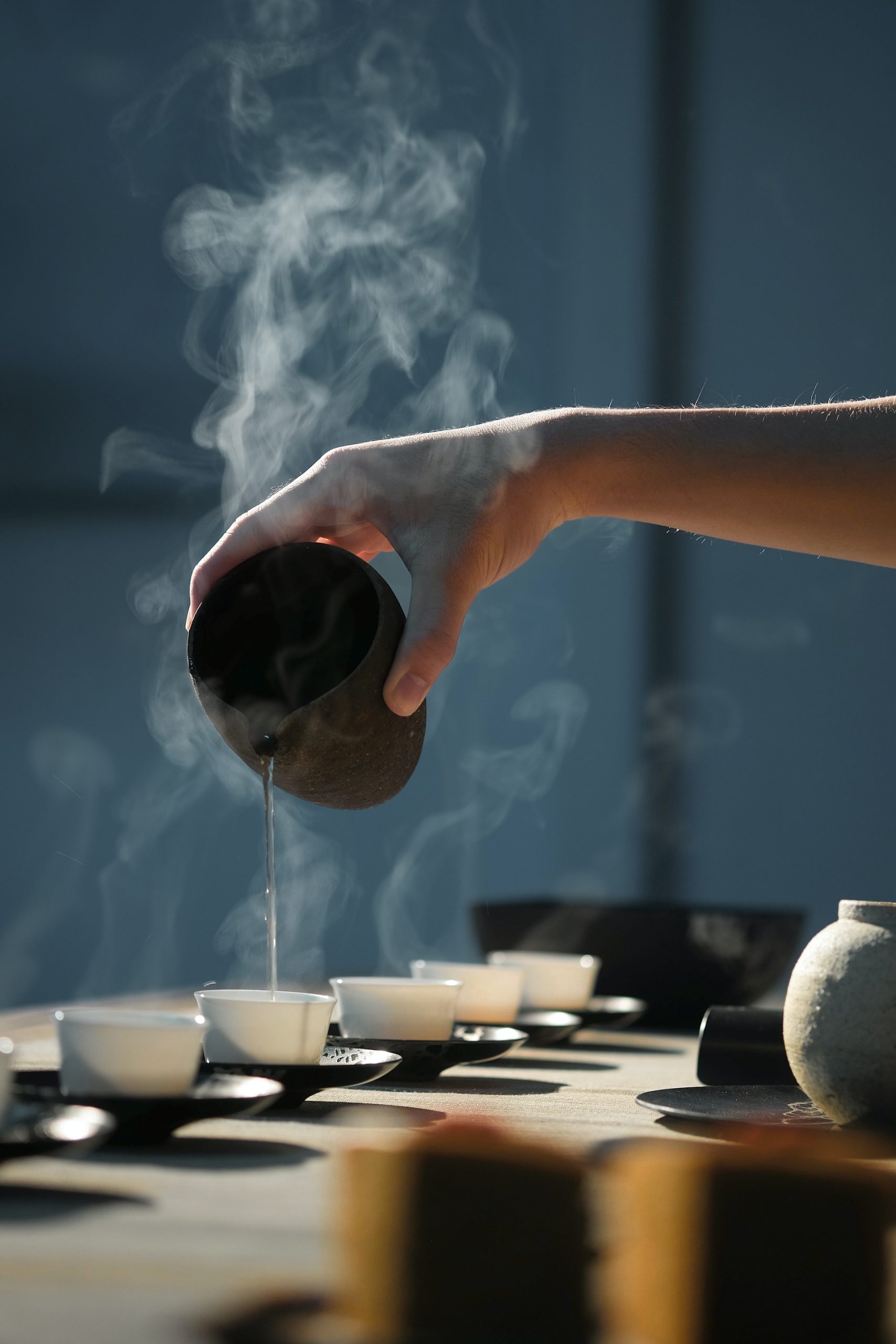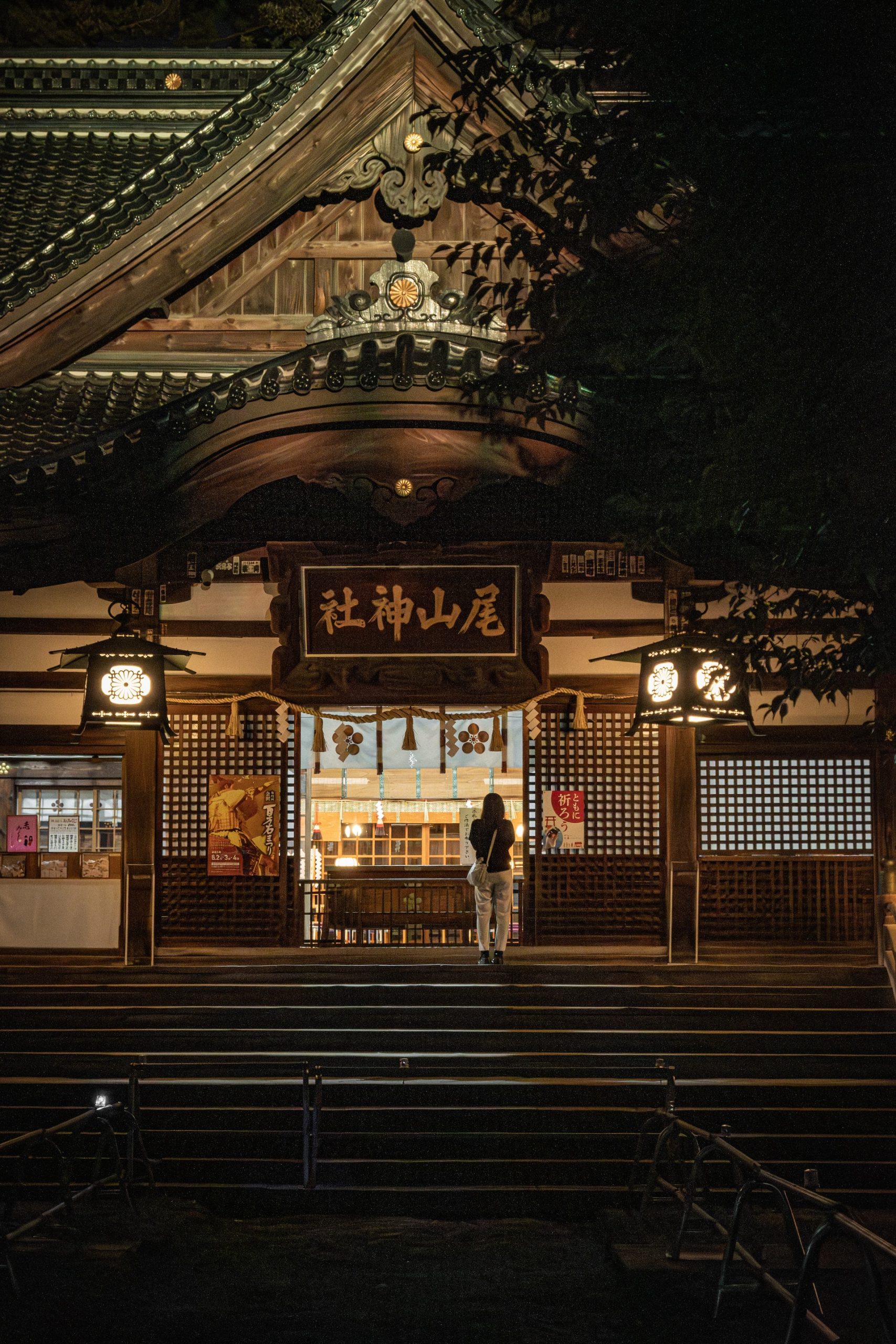25 interesting Japanese words you need to know
Here is a list of 25 interesting Japanese words with explanations, sentences in Japanese, and English translations to get you inspired
The Japanese language is full of fascinating words that offer insight into Japanese culture and perspectives. This list covers 25 interesting Japanese words, ranging from aesthetic concepts like wabi-sabi to values like kaizen.
Learn essential vocabulary to discuss traditions, societal attitudes, and daily experiences in Japan. Whether you’re studying the language or just appreciate learning intriguing terms in foreign tongues, these diverse examples provide a glimpse into the richness of self-expression in Japanese.
READY TO BOOK YOUR TRIP?
Best Travel Resources to plan your trip
more helpful travel resources
*This site contains product affiliate links, and I may get a commission, which costs you nothing extra. Thanks for your support
Ikigai (生き甲斐)
Ikigai refers to having a purpose or meaning in life that gives you a reason to jump out of bed each day. Many Japanese people believe finding your ikigai leads to fulfillment.
私の生き甲斐は家族との時間です。 Watashi no ikiga wa kazoku to no jikan desu. My purpose in life is time with my family.
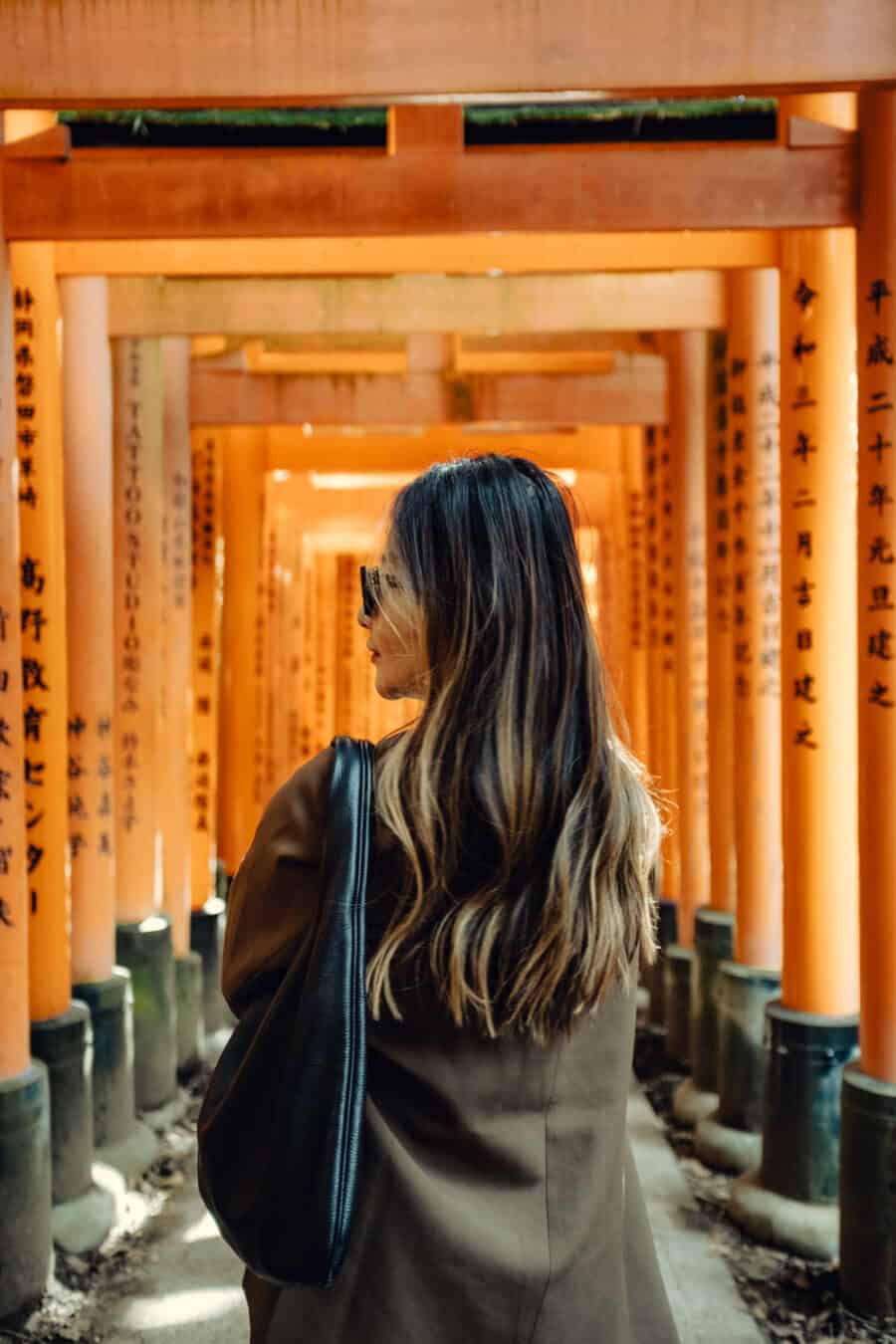
Komorebi (木漏れ日)
Komorebi refers to the sunlight that filters through the leaves of trees. It evokes tranquil images of nature.
公園で木漏れ日を楽しんでいます。Kōen de komorebi wo tanoshinde imasu. I’m enjoying the dappled sunlight in the park.
Shinrin-yoku (森林浴)
Shinrin-yoku translates to “forest bathing.” It refers to the relaxing practice of mindfully walking through and absorbing the forest atmosphere.
友達と森林浴を楽しみました。 Tomodachi to shinrin-yoku wo tanoshimashita. I enjoyed forest bathing with a friend.
Wabi-sabi (侘寂)
Wabi-sabi refers to seeing beauty in imperfect, transient things. Appreciating the age and wear items develop can elicit wabi-sabi.
古い家具に侘寂の美しさがあります。Furui kagu ni wabi-sabi no utsukushisa ga arimasu. This old furniture has a wabi-sabi beauty.

Yūgen (幽玄)
Yūgen conveys a profound, mysterious sense of beauty. It suggests something beyond what can be clearly seen or grasped.
詩には幽玄なムードがありました。Shi niha yūgen’na mūdo ga arimashita. The poem had a profoundly mysterious and subtle mood.
Amae (甘え)
Amae refers to depending on another’s goodwill. It describes the desire to be loved and indulged. Parents often exhibit great amae towards their children.
娘はよく両親に甘えています。Musume ha yoku ryoushin ni amaete imasu. My daughter often behaves in a cute, indulged way with her parents.
Majime (真面目)
Majime means serious, diligent, and earnest. The Japanese highly value mazime as an admirable personality trait.
彼女は仕事でとても真面目です。Kanojo ha shigoto de totemo majime desu. She is very diligent and earnest in her work.

Kaizen (改善)
Kaizen means continuous improvement. This concept focuses on incremental advancement through steady effort.
私たちの会社では改善に努めています。 Watashitachi no kaisha deha kaizen ni tsutomete imasu. In our company, we strive for continuous improvement.
Other Inspiring Articles
Gambatte (頑張って)
Gambatte means “do your best” or “good luck.” People often say gambatte to encourage one another before a challenge.
試験のために頑張って!Shiken no tame ni gambatte! Do your best on the exam!
Gaman (我慢)
Gaman refers to enduring a difficult situation with self-control and perseverance. Showing gaman is valued more than expressing frustration.
痛みに我慢してください。 Itami ni gaman shite kudasai. Please endure the pain.
Ishindenshin (以心伝心)
Ishindenshin conveys an innate, unspoken understanding between people. It describes communication through subtle cues rather than words.
母と娘はよく以心伝心で意思疎通を図っている。Haha to musume ha yoku ishindenshin de ishūtsū wo hakatte iru. The mother and daughter often communicate deeply without words.
Otsukaresama (お疲れ様)
People say otsukaresama, literally “you are tired,” as a greeting or form of thanks after work. It acknowledges someone’s effort.
一日お疲れ様でした。 Ichinichi otsukaresama deshita. Thank you for your hard work today.

Chotto (ちょっと)
Chotto translates to “a little” or “slightly.” However, it’s often used to soften requests or refuse things indirectly.
ちょっと待ってください。Chotto matte kudasai. Please wait a moment.
Ganbatte kudasai (頑張って下さい)
Ganbatte kudasai means “please do your best.” It’s used to politely encourage someone to keep trying or working hard at a task.
プレゼンの準備を頑張って下さい。Purezen no junbi wo ganbatte kudasai. Please do your best preparing for the presentation.
Omoiyari (思いやり)
Omoiyari translates to “empathy” or “compassion.” It refers to noticing and caring about another’s situation or feelings.
看護師は患者にたくさん思いやりを示しました。 Kangoshi ha kanja ni takusan omoiyari wo shimeshimashita. The nurse showed great compassion towards the patient.
Arigatai (有難い)
Arigatai conveys gratitude and means “I’m grateful” or “that’s kind of you.” It expresses appreciation for an act of consideration or favor.
お土産を持って来てくれて、有難い。Omiyage wo motte kite kurete, arigatai. Thank you for kindly bringing me this souvenir gift.
Sumimasen (済みません)
While literally meaning “unsupported,” sumimasen functions as a polite “excuse me” or “I’m sorry” in Japanese. It acknowledges small disturbances or mistakes.
突然訪ねてきて済みません。 Totsuzen tazunete kite sumimasen. Sorry for visiting unexpectedly.
Natsukashii (懐かしい)
Natsukashii describes something that provides sentimental longing for the good old days. Things that evoke nostalgia elicit this feeling.
子供の頃の写真を見ると懐かしい。 Kodomo no koro no shashin wo miru to natsukashii. Looking at childhood photos makes me nostalgic.
Yokattara (よかったら)
Yokattara means “if it’s alright” or “if convenient.” It presents a suggestion tentatively without presumption.
よかったら私と昼ごはんを食べませんか。 Yokattara watashi to hirugohan wo tabemasen ka. If it’s alright, why don’t you have lunch with me?
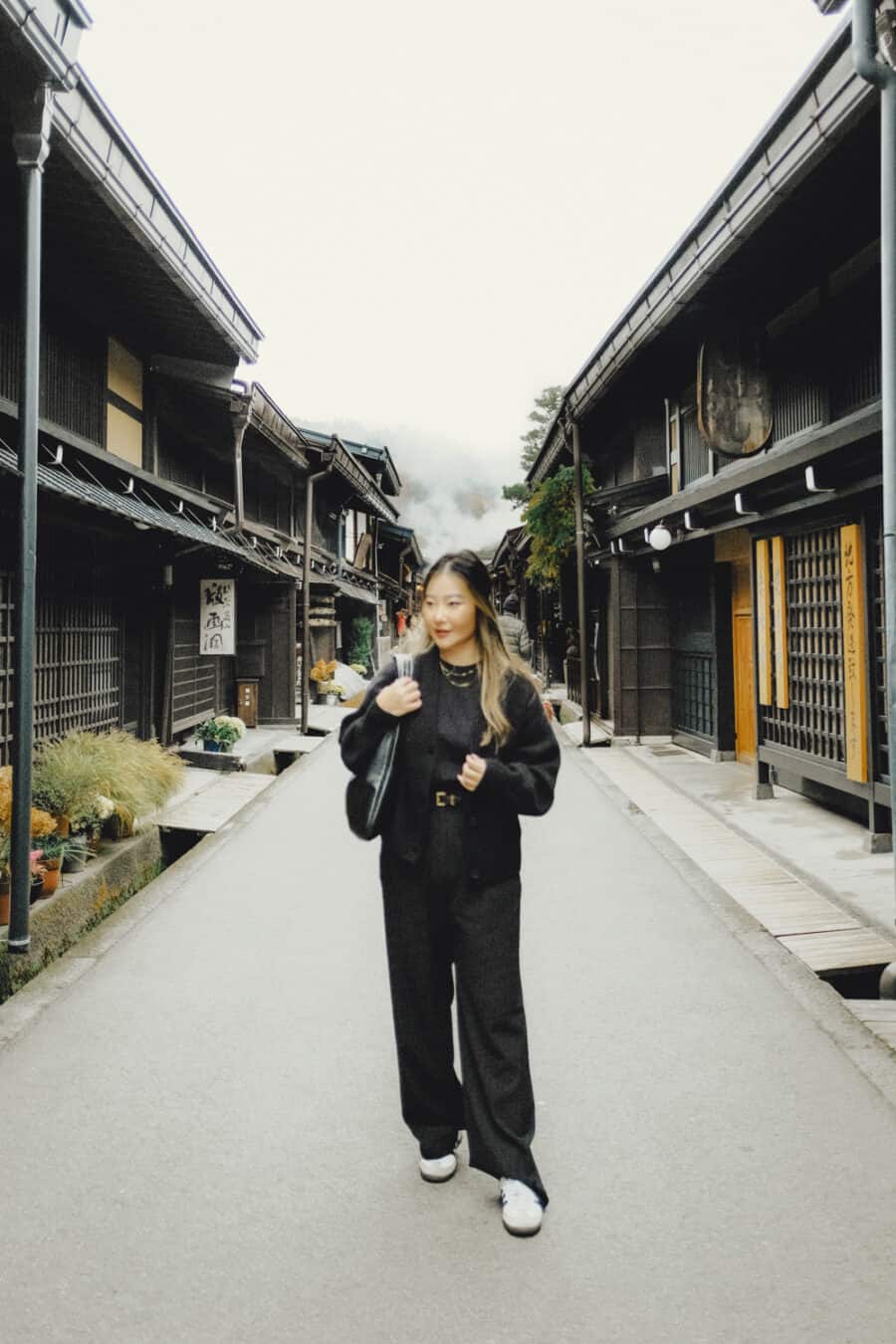
Osewa ni narimashita (お世話になりました)
People say osewa ni narimashita, meaning “thank you for taking care of me,” after receiving a service, favor, or kind hospitality.
遅くまで付き合ってくれて、お世話になりました。 Osoku made tsukiatte kurete, osewa ni narimashita. Thanks for staying out late with me and taking care of me.
Taihen (大変)
Taihen describes something that is very difficult, terrible or awful. It expresses emphatic emotion.
移転の準備は大変でした。 Iten no junbi wa taihen deshita. Preparing for the move was exceptionally difficult.
Amayakasu (甘やかす)
Amayakasu means to spoil or indulge someone. It suggests lavishing attention, care, money or gifts on another.
祖父母は孫をよく甘やかしています。Sofu bo wa mago wo yoku amayakashiteimasu. The grandparents really spoil their grandchild.
Ukiyo (浮世)
Ukiyo refers to the fleeting, transient nature of life. It conjures images of changeable floating world. Buddhist influence shaped this concept.
人生は移り変わる浮世に似ています。 Jinsei wa utsurikawaru ukiyo ni nite imasu. Life resembles a passing, evanescent world.
Kintsugi (金継ぎ)
Kintsugi is the Japanese art of repairing broken pottery by highlighting cracks and brokenness with unique beauty, often with gold, instead of hiding flaws.
この壺は金継ぎで修復されました。 Kono tsubo wa kintsugi de shūfuku sa remashita. This pot was restored with kintsugi mending.
Mirukusukāfē (ミルクスカフェ)
A mirukusukāfē refers to the popular Japanese cafe trend of highly decorative milk drinks made by expert baristas. Latte art flourishes here.
友達とミルクスカフェに行って楽しみました。Tomodachi to mirukusukāfē ni itte tanoshimimashita. My friend and I went to a milk café and enjoyed it.




